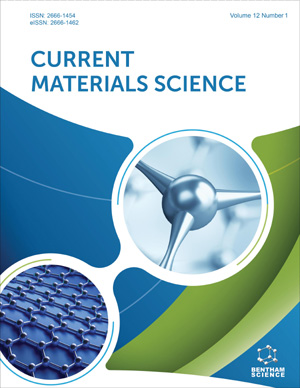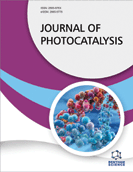Abstract
Background: Antibiotic resistance among pathogens has grown to be a major concern for the health of people around the world. One of the main subgroups of troublesome multidrugresistant bacteria that has recently undergone rapid evolution is Methicillin-resistant Staphylococcus aureus (MRSA).
Methods: In this study, silver nanoparticles were synthesized using an aqueous extract of Bridelia feeruginea leaves. The methicillin-resistant S. aureus was used to test the antibacterial properties of the produced Bridelia ferruginea-derived silver nanoparticles. These nanoparticles were characterized using XRD, UV-vis spectroscopy, FTIR, and SEM.
Results: The antibacterial activity of the silver nanoparticles was improved at doses of 50, 100, and 150 ug/ml, with mean zones of inhibition (ZOI) of 13.0, 16.4, and 17.4 mm (SD1). When combined with erythromycin medicines, silver nanoparticles showed significant antibacterial efficiency compared to when used alone. The ZOI was 23 mm at 150 ug/mL, compared to 21 mm at 50 and 100 ug/mL. At P=0.06, the outcomes were statistically significant.
Conclusion: This established that the antibacterial impact of combining antibiotics with AgNPs is enhanced. The current work showed that biosynthesized B. ferruginea silver nanoparticles (BFAgNPs) were effective in vitro.






















